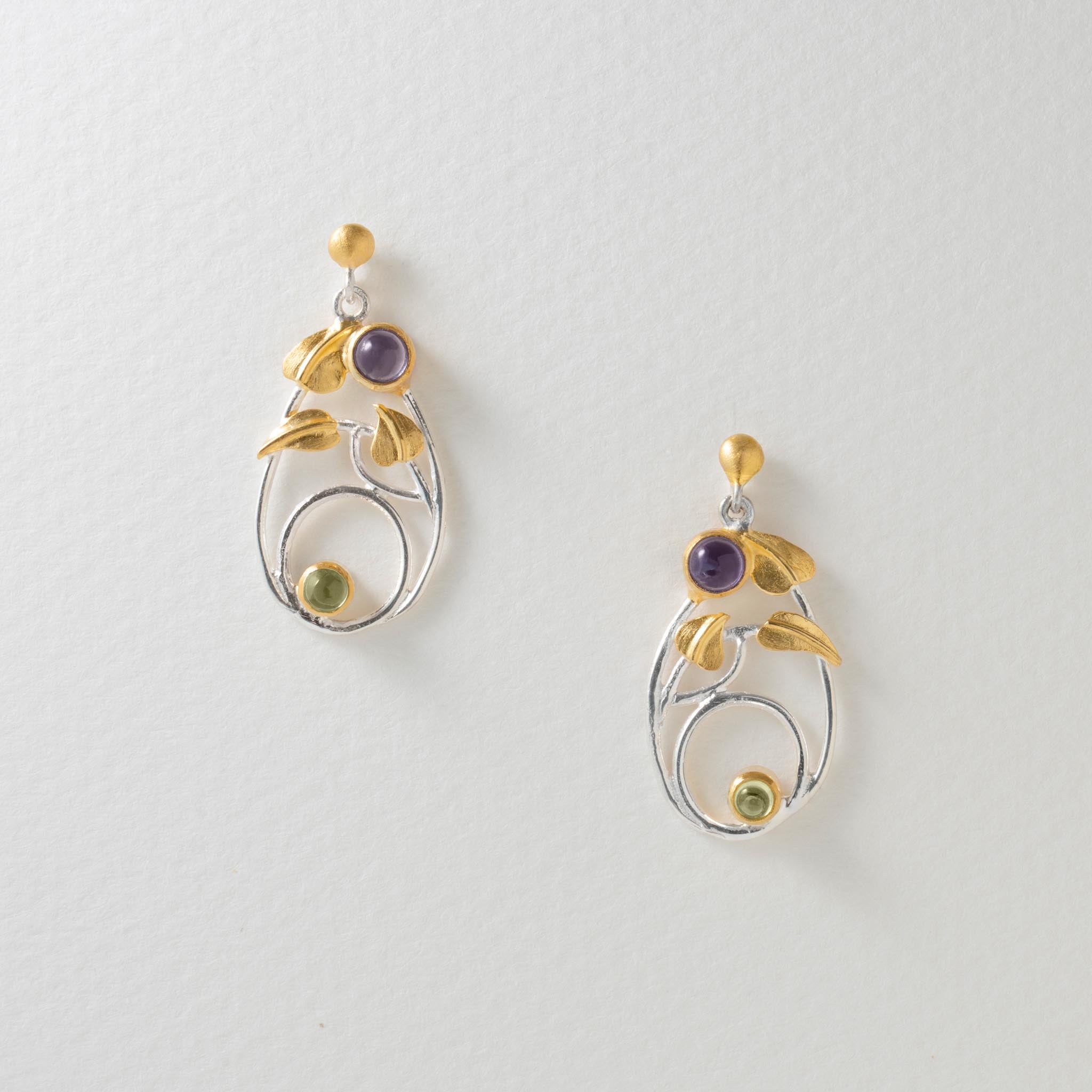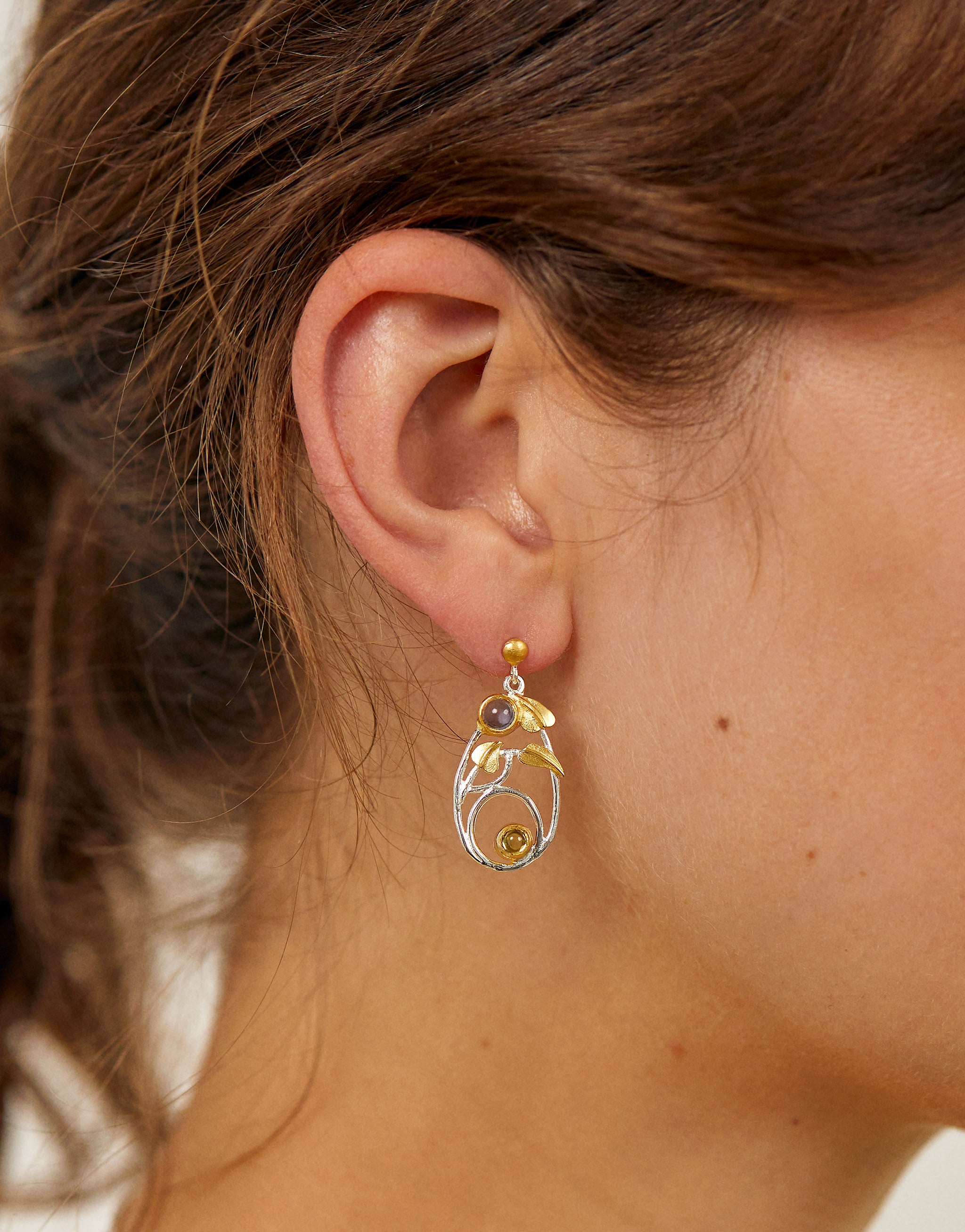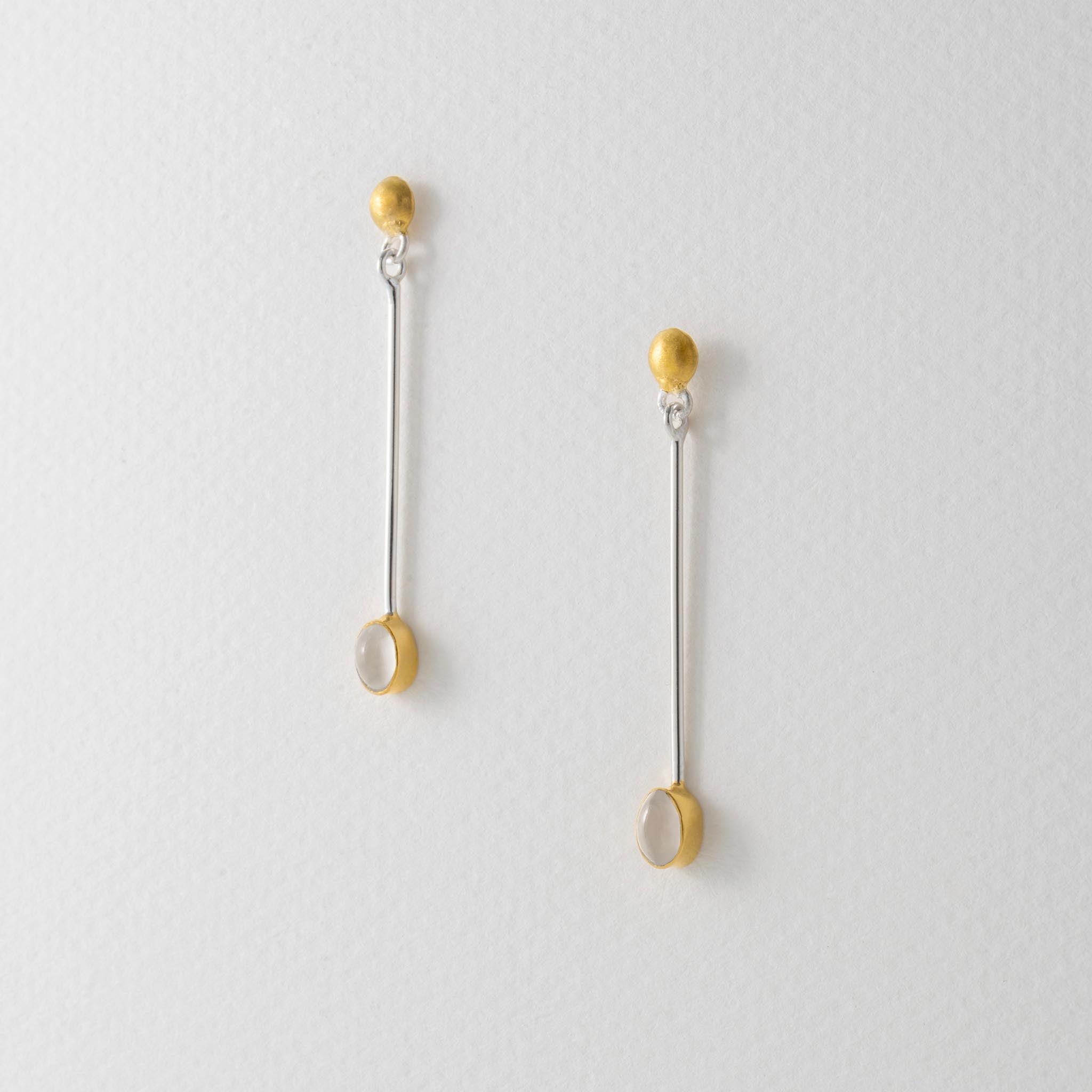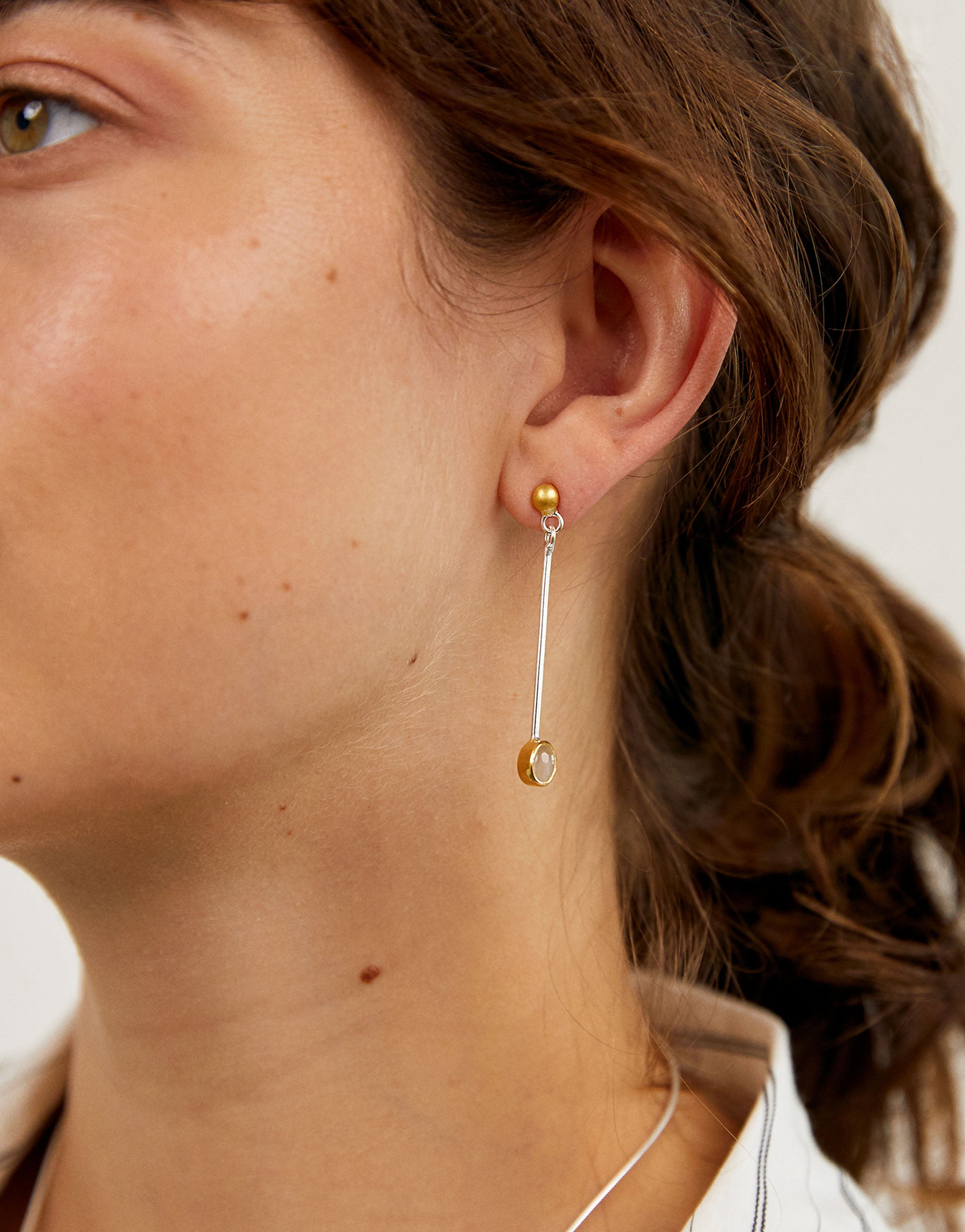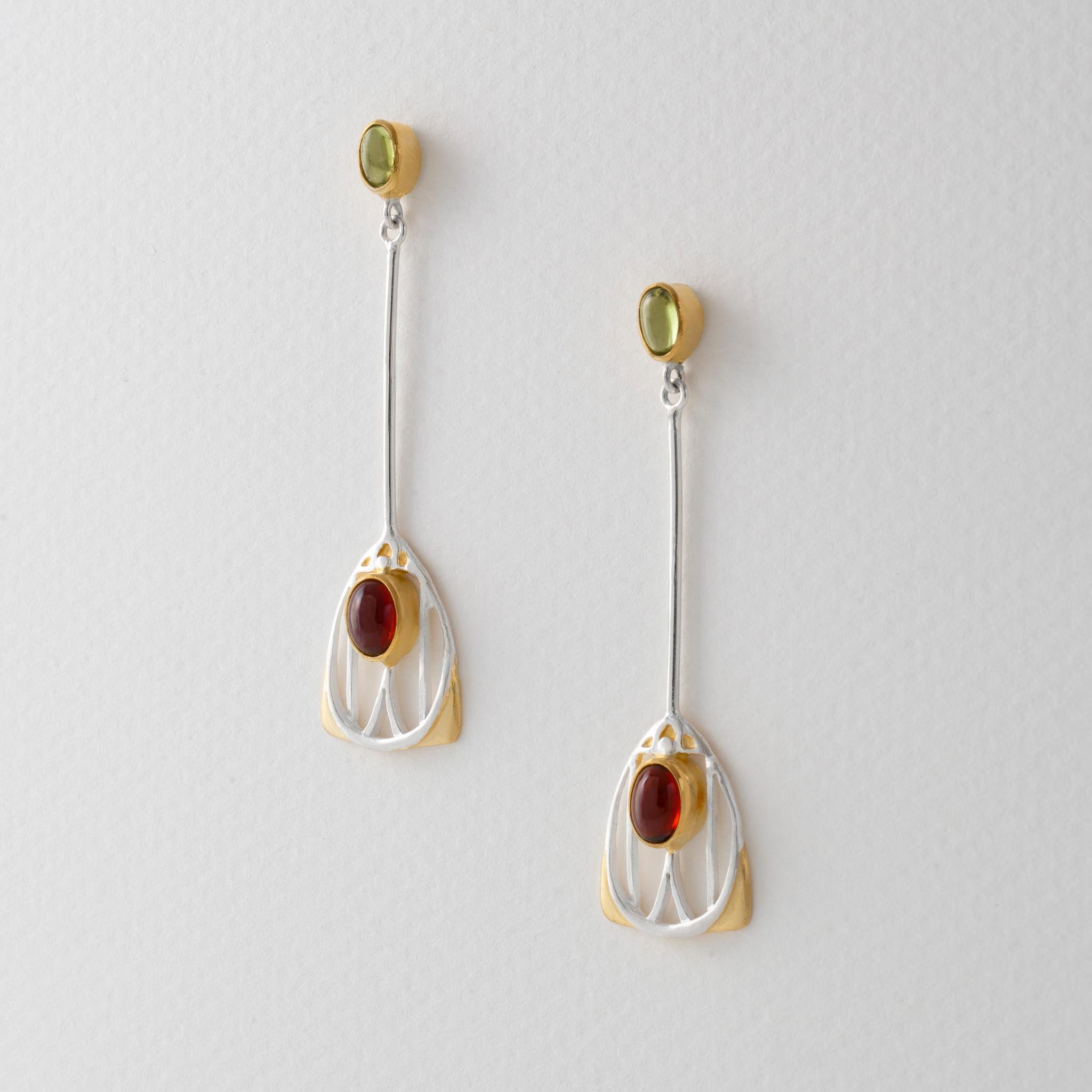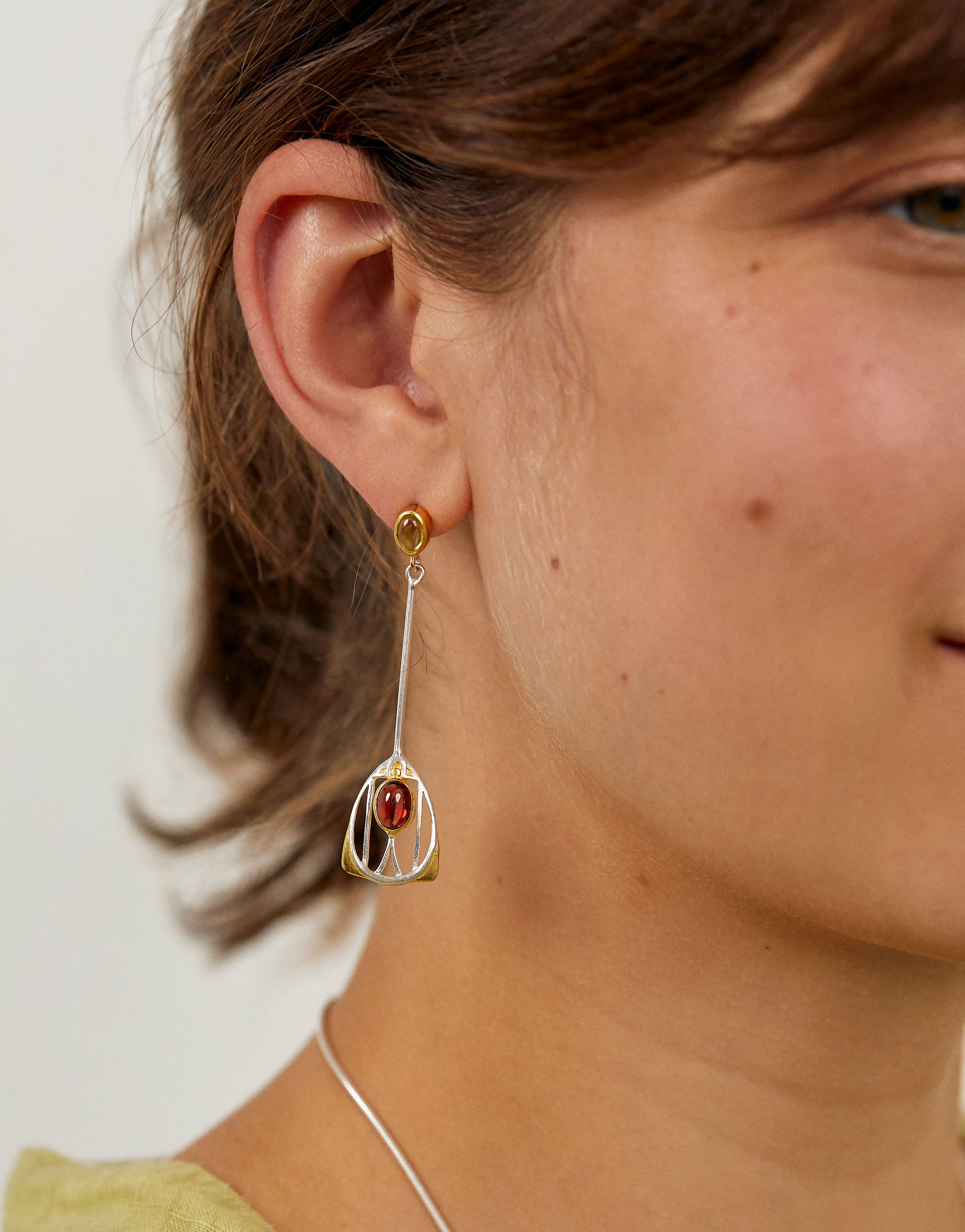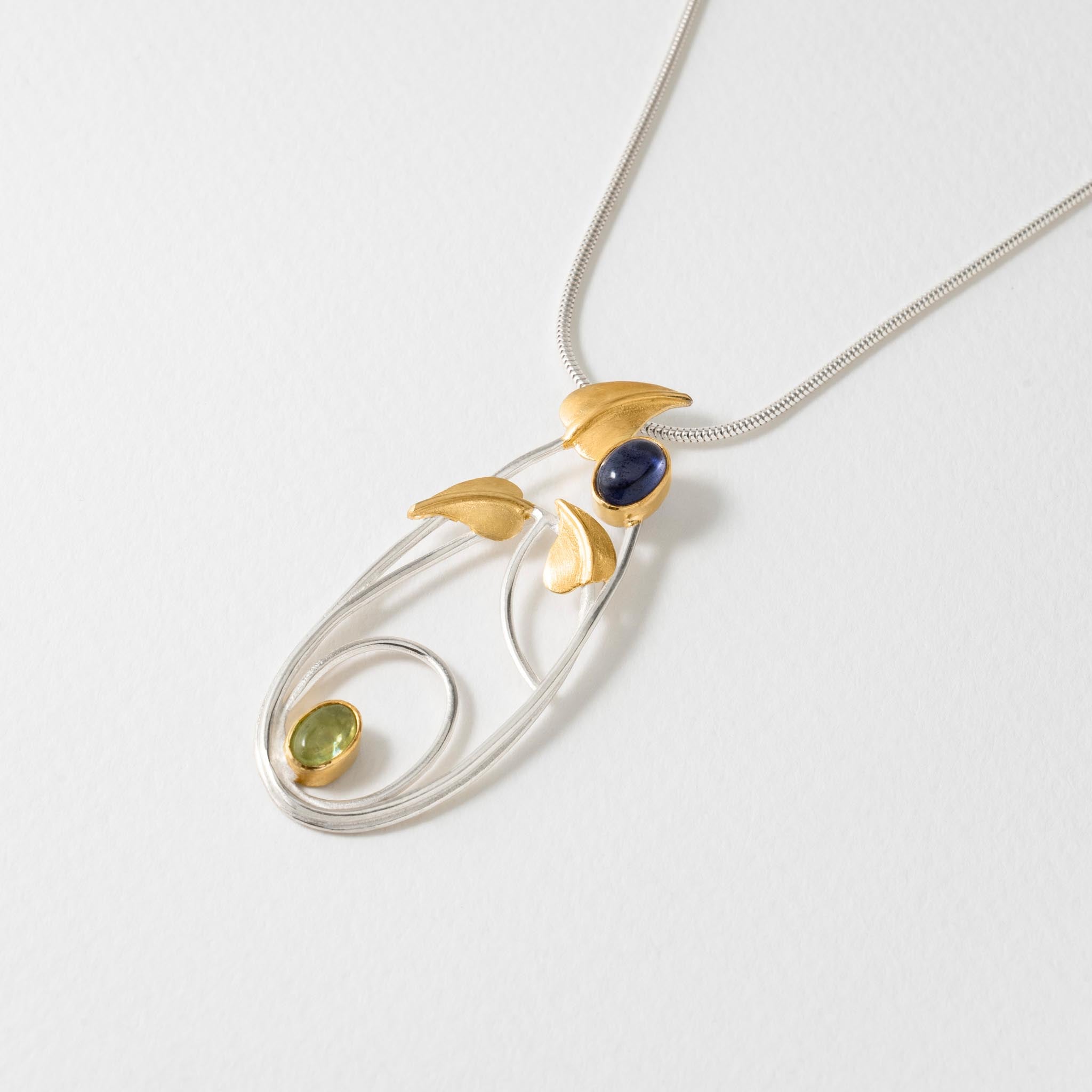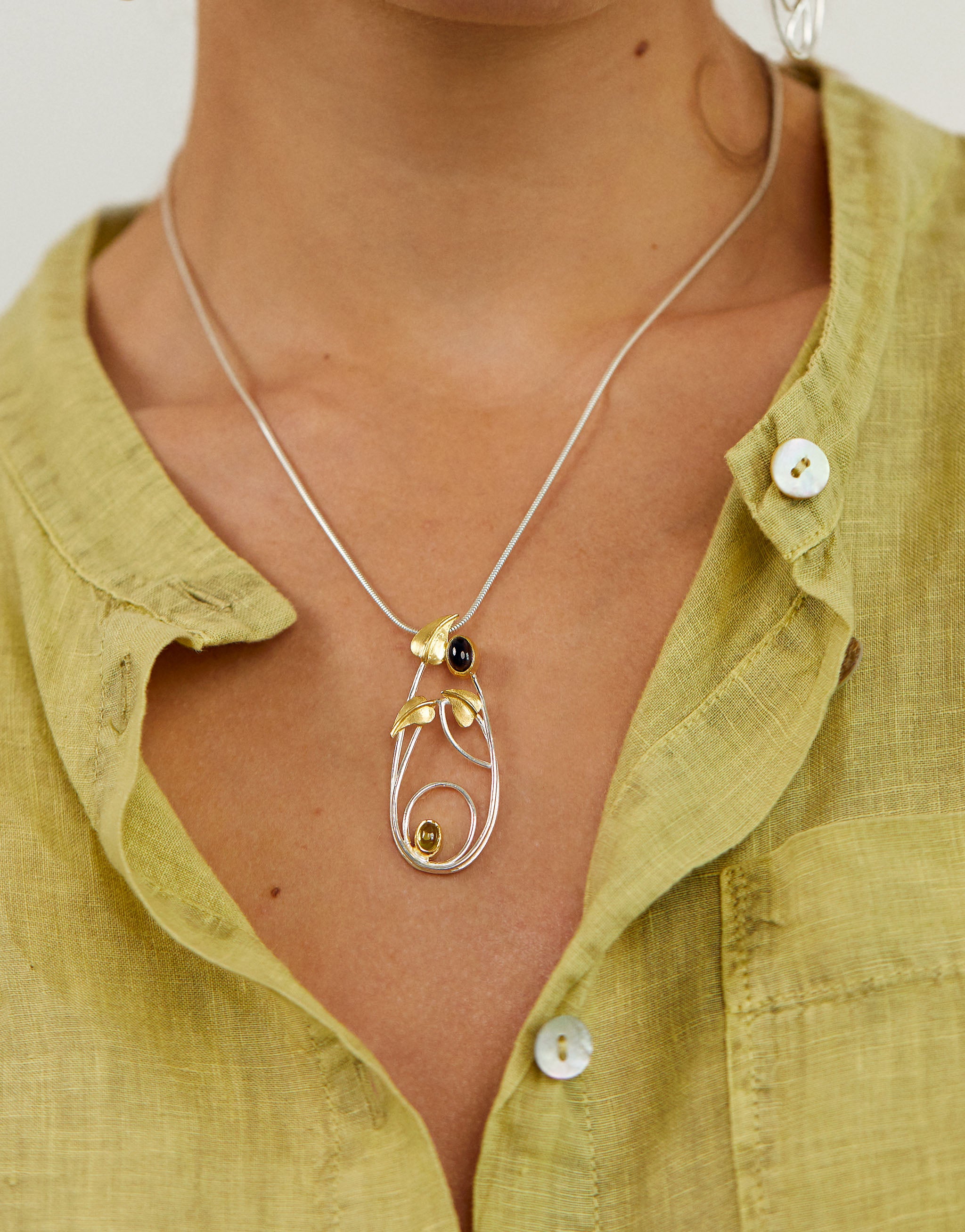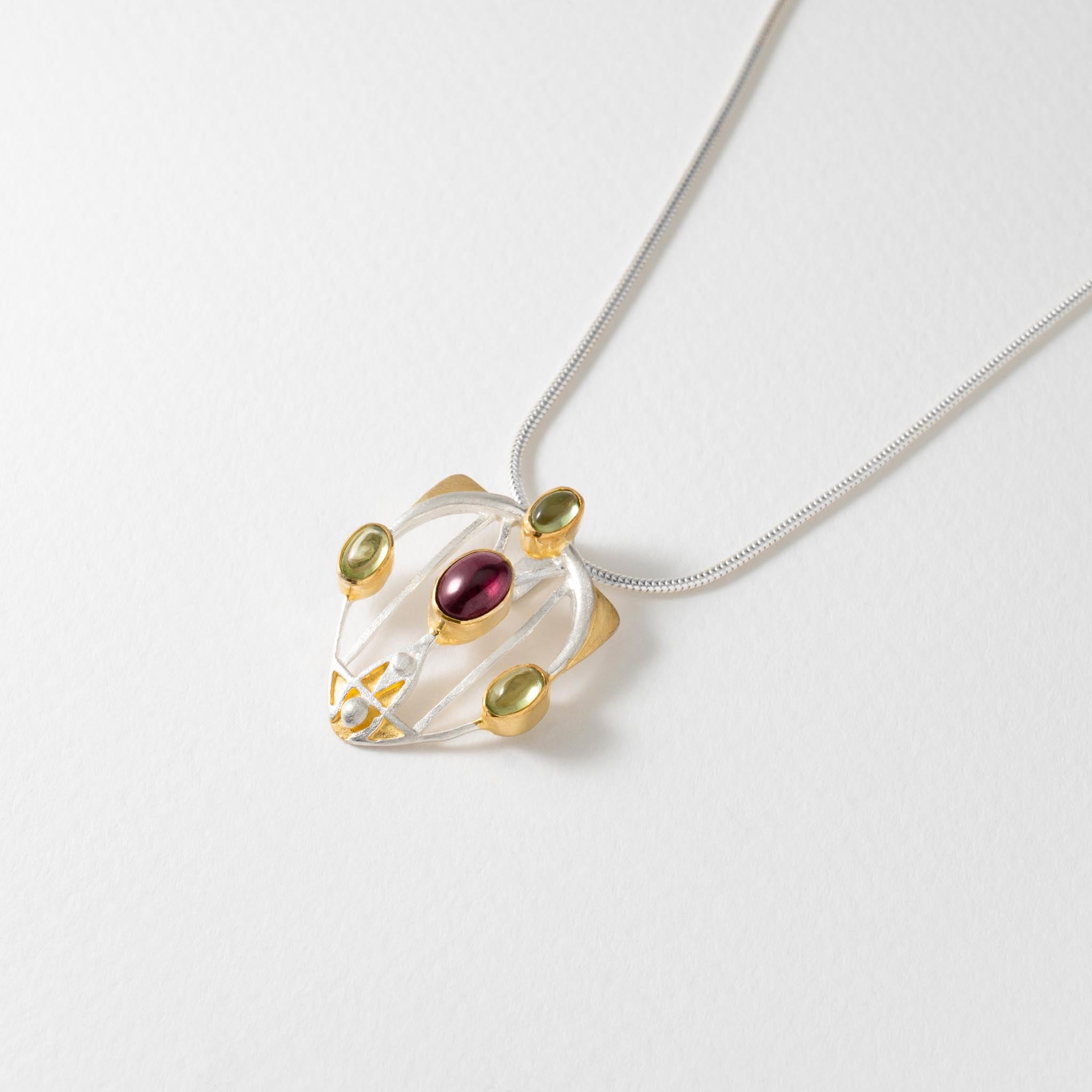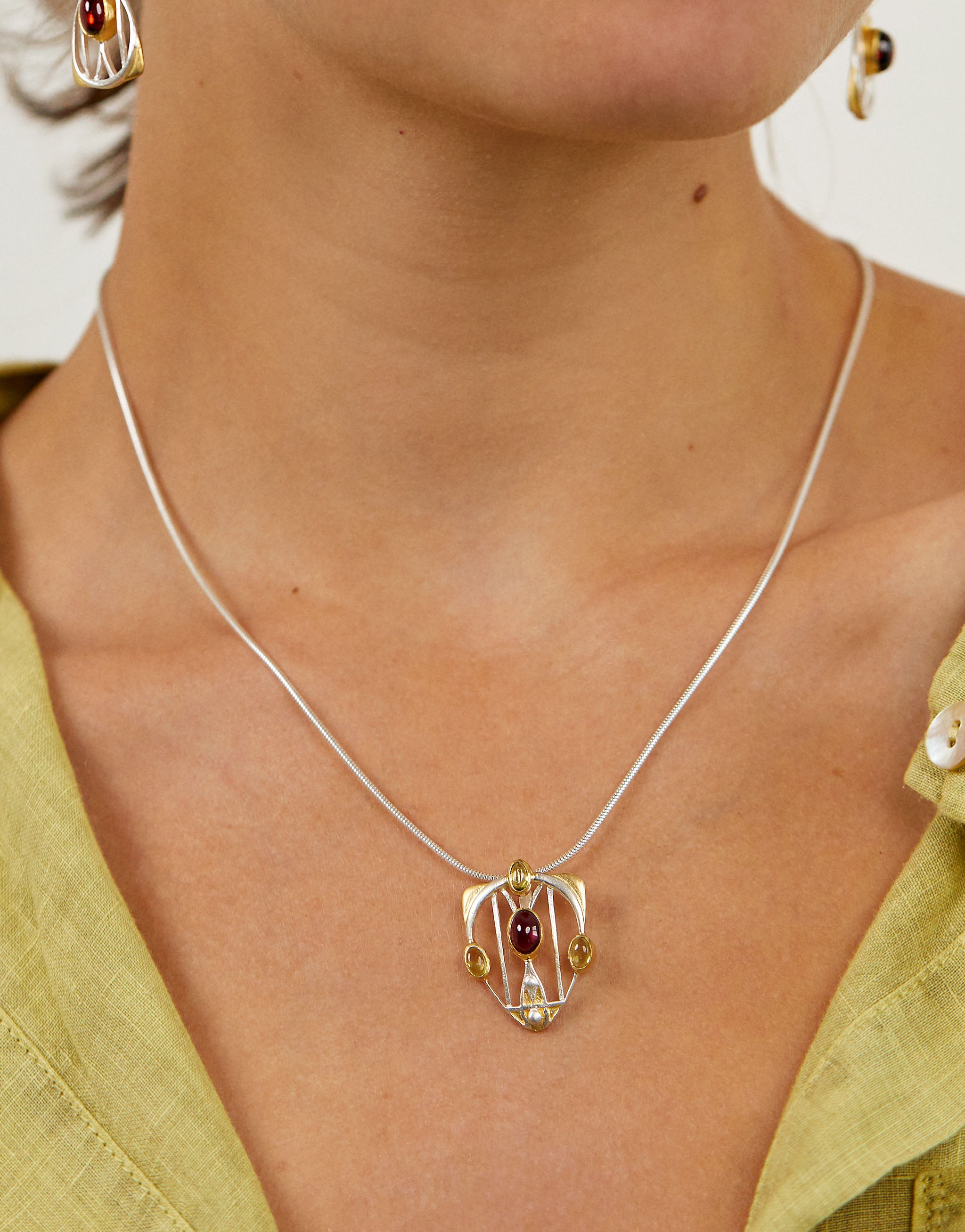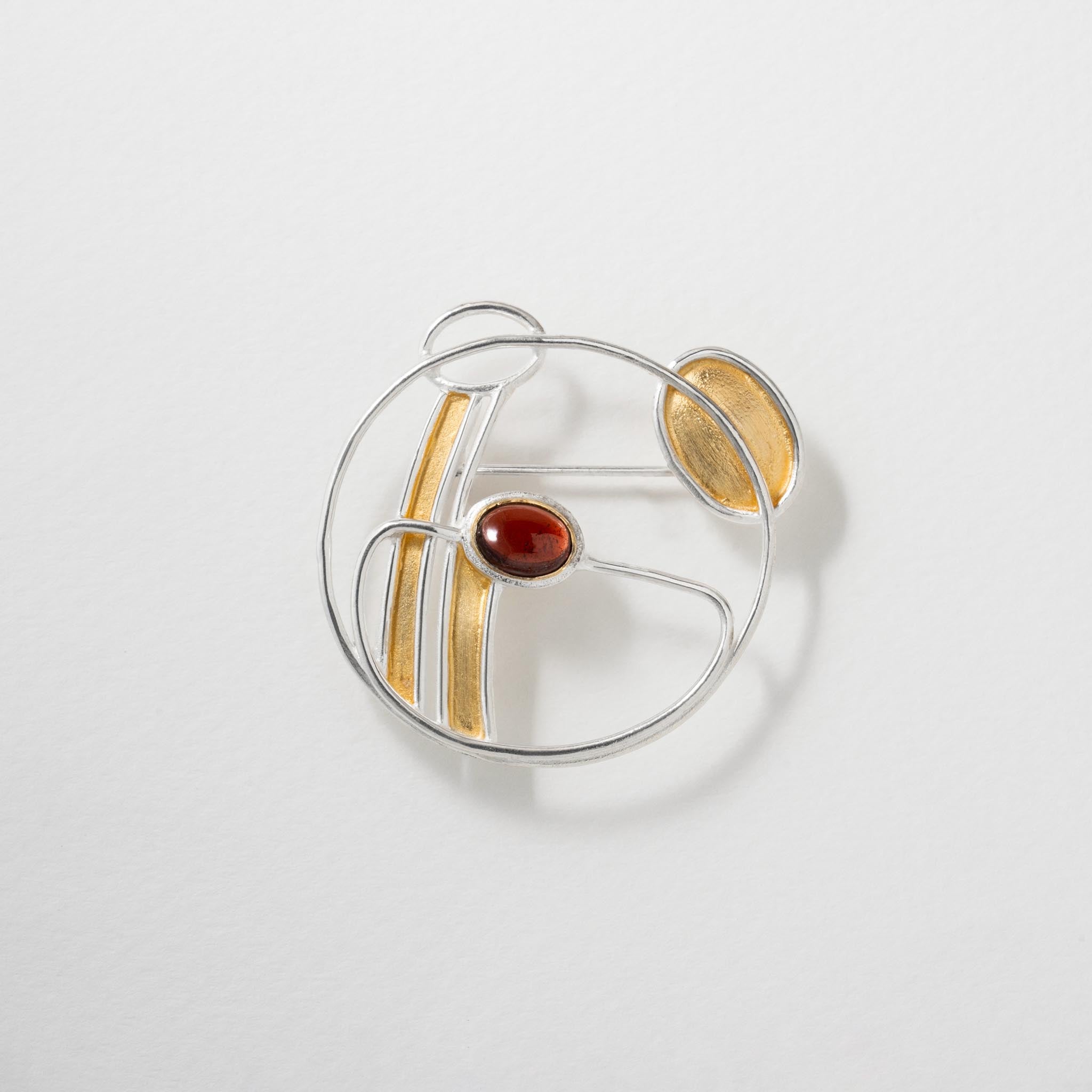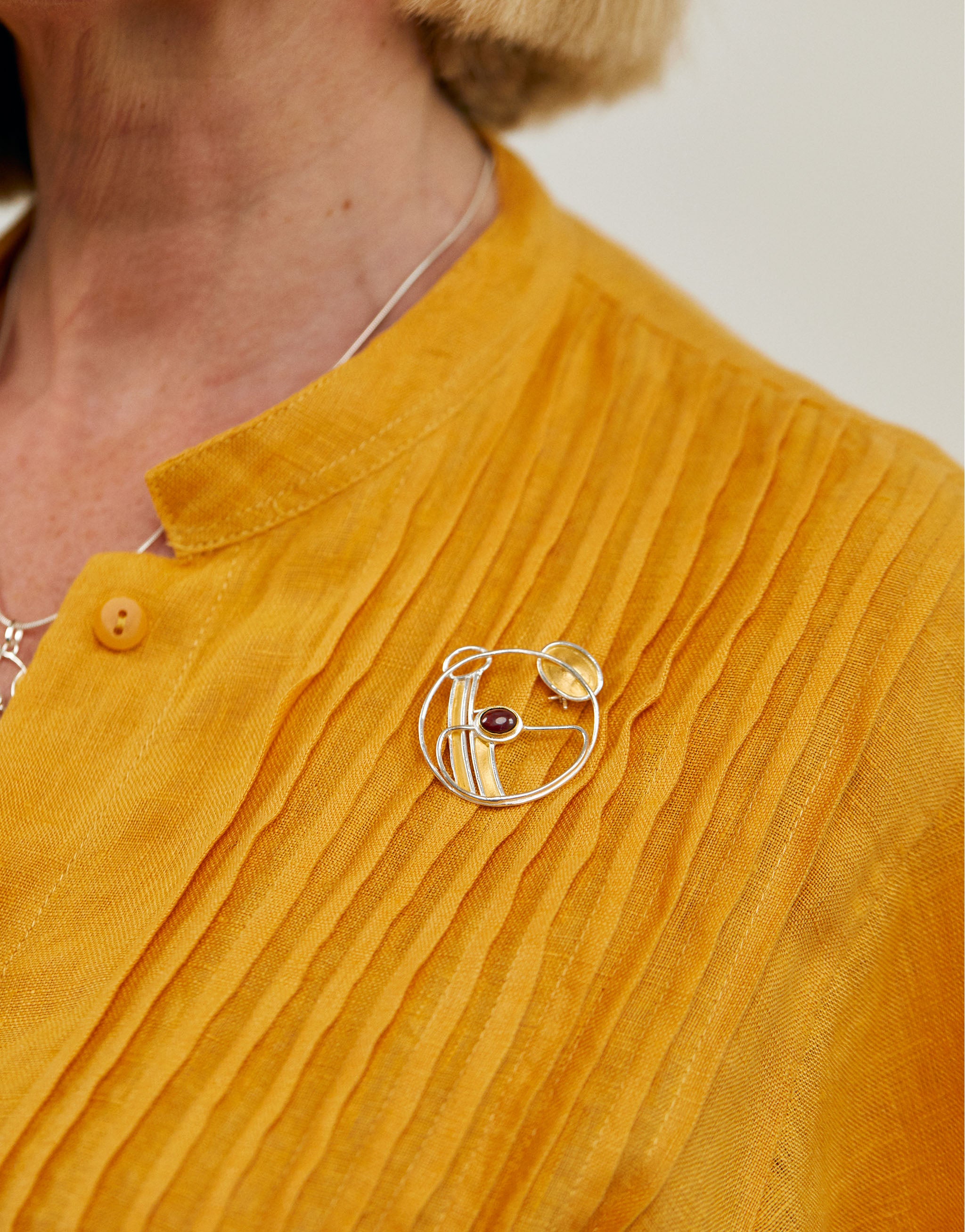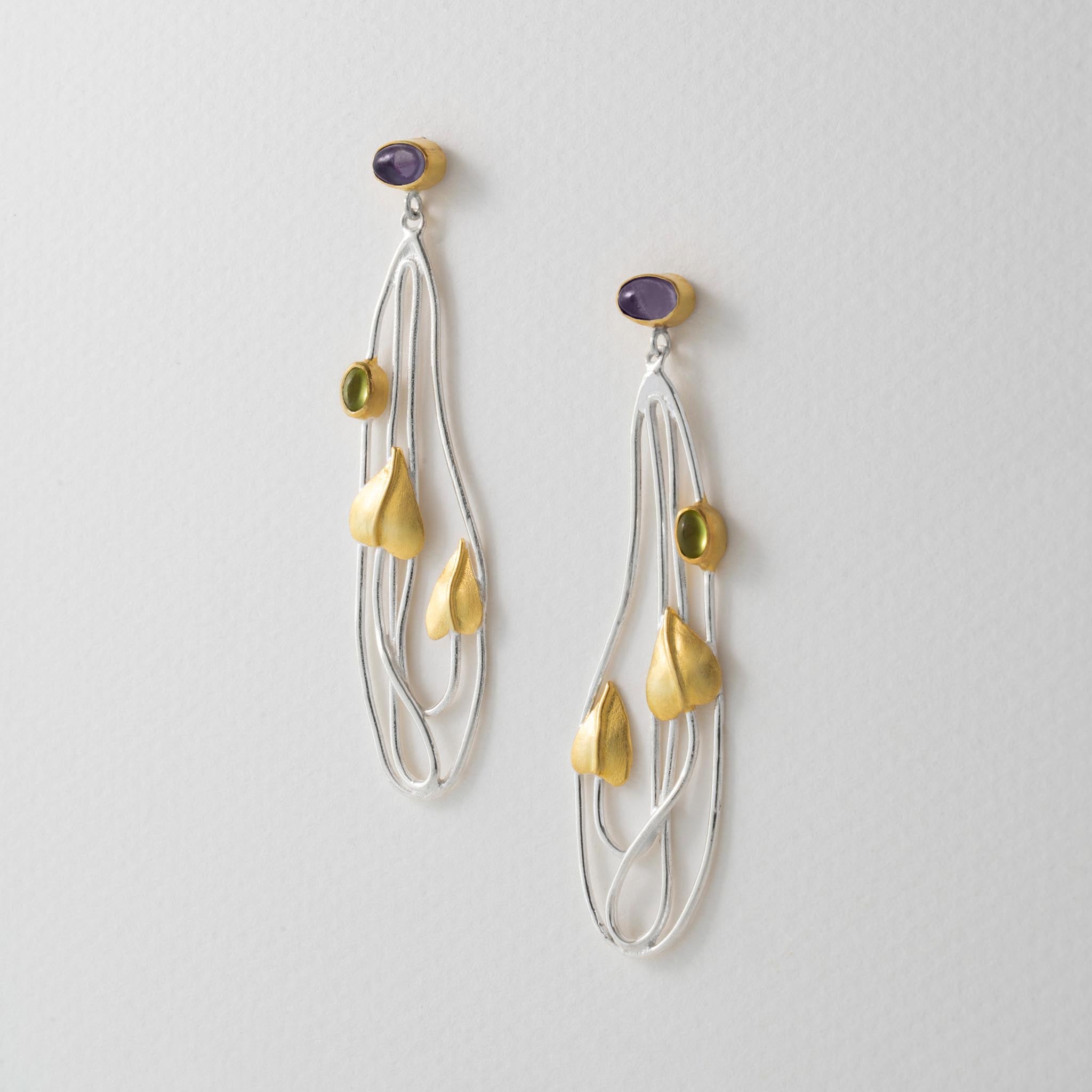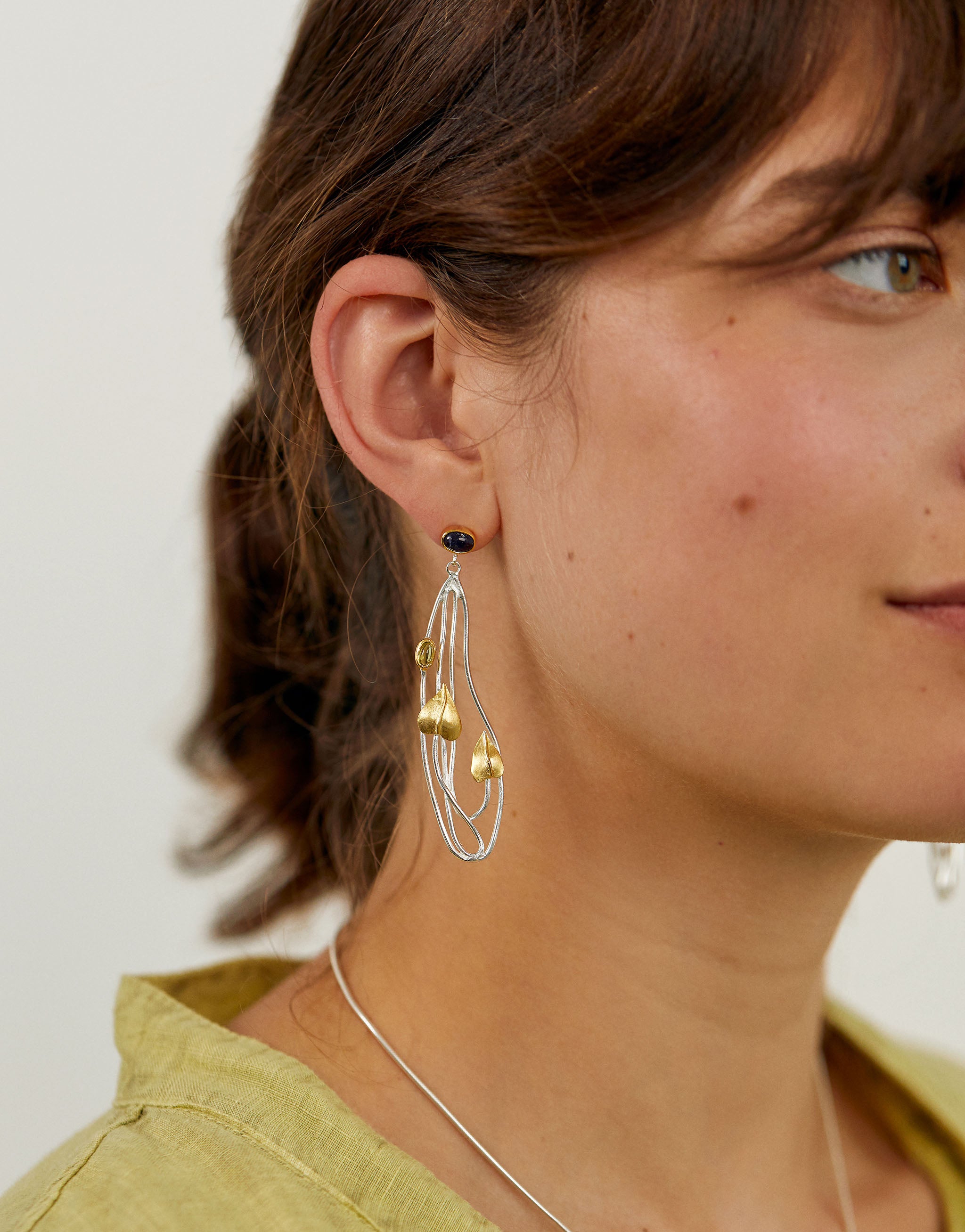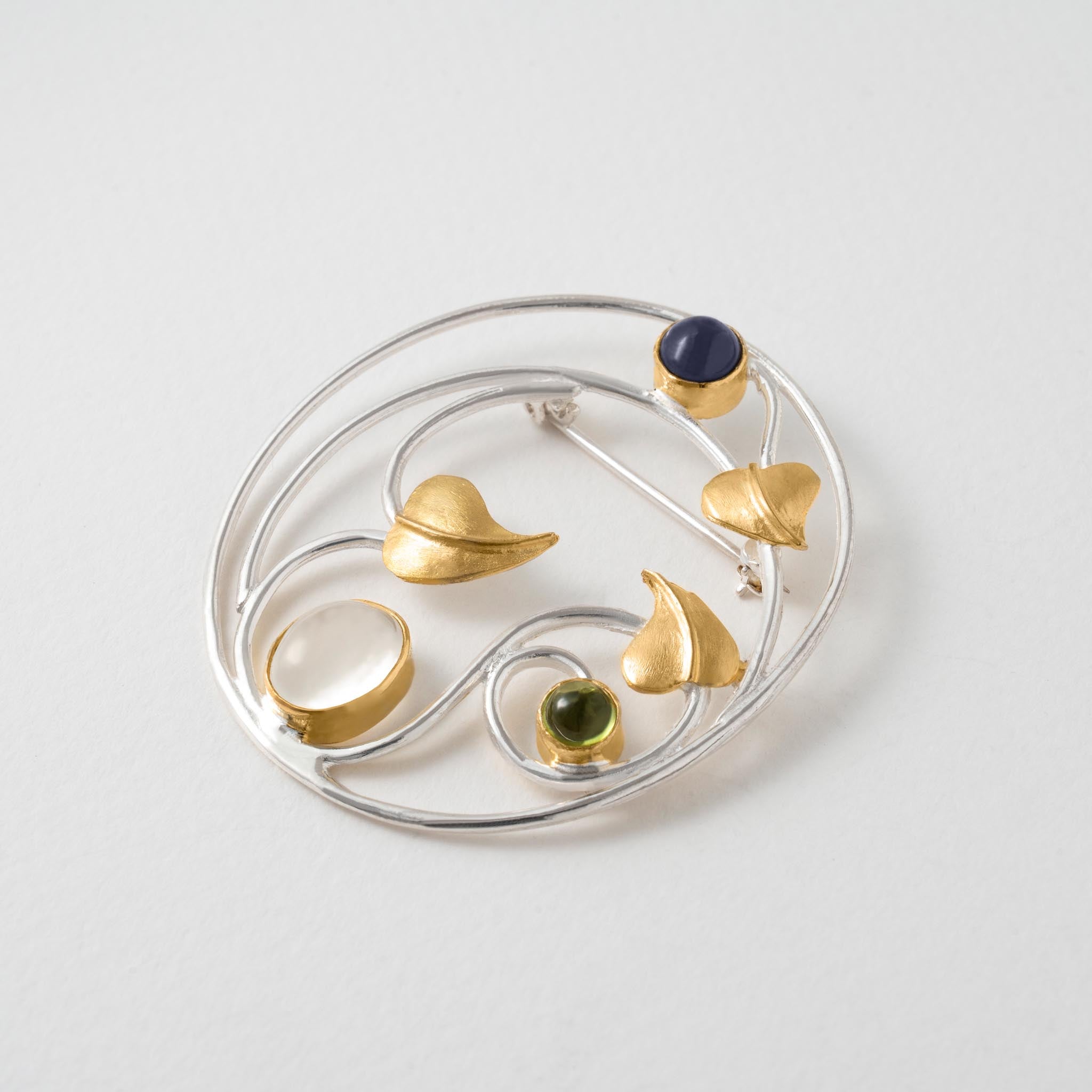
Art Nouveau Jewellery: From Past to Present
Discover the enduring beauty of Art Nouveau jewellery – where nature, elegance and craftsmanship meet. Pioneered by jewellery designers René Lalique, Georges Fouquet and Henri Vever, this timeless style continues to influence our modern jewellery designs with its flowing lines and symbolic motifs.
Art Nouveau wasn’t just a style — it was a bold reimagining of how art could live in the world. Emerging in the late 19th century, this movement influenced everything from architecture and graphic design to furniture and fashion. With its flowing lines, organic forms, and deep connection to nature, Art Nouveau brought creativity into everyday spaces and objects, celebrating beauty, craftsmanship, and individuality.
More than just decorative, it was a philosophy — one that saw no boundary between fine art and functional design. And it’s this spirit that continues to inspire us today. In this blog, we’re exploring the world of Art Nouveau — its roots, its impact, and how its graceful, nature-infused aesthetic continues to shape our approach to jewellery design.
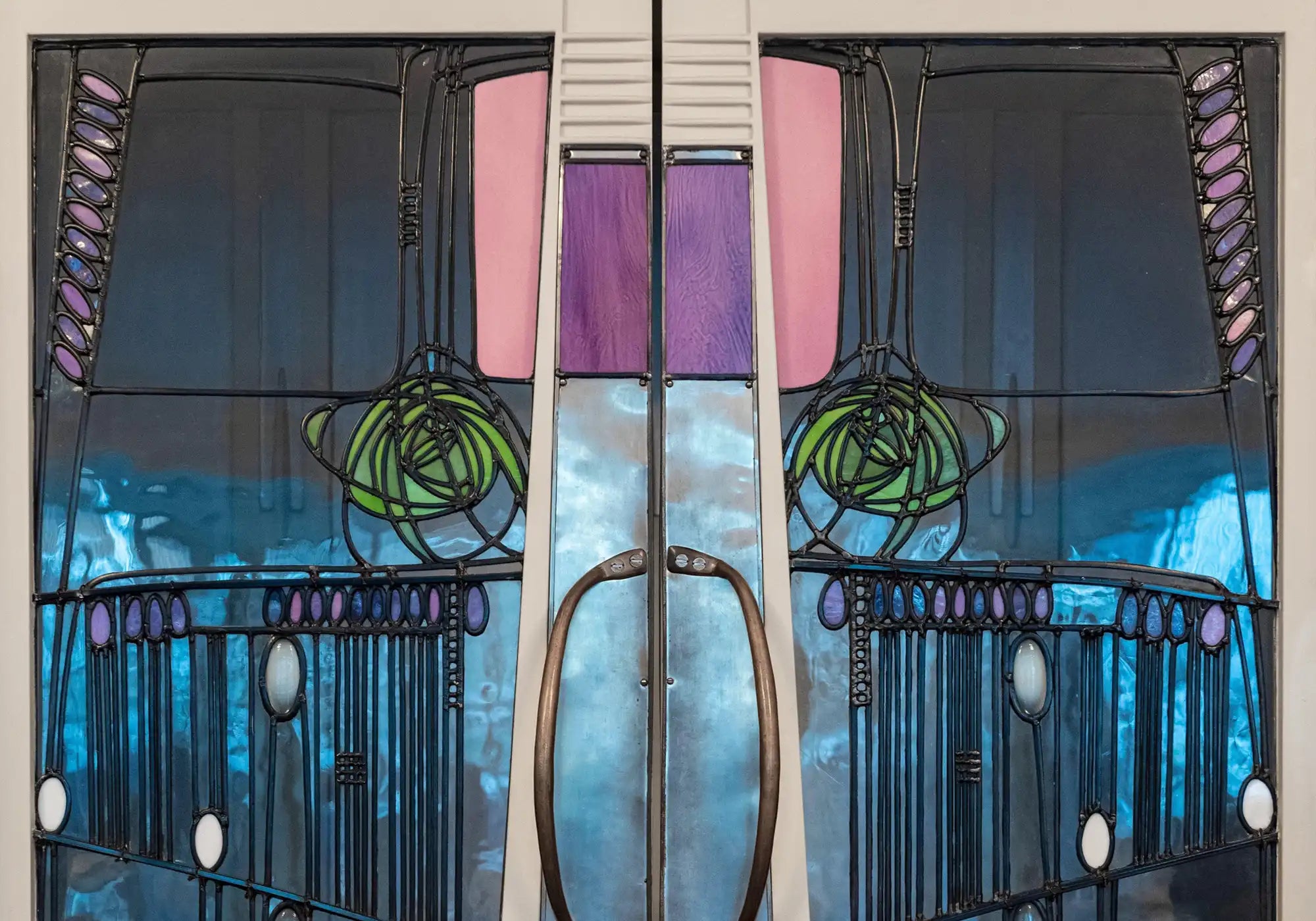
What is Art Nouveau?
Emerging in the late 19th century, Art Nouveau developed as a response to the rapid industrialisation sweeping through Europe. Artists and designers pushed back against the uniformity and mechanical feel of mass production, aiming instead to bring art into everyday life. Drawing heavily from the natural world, they embraced flowing lines, organic shapes, and intricate detail across everything from buildings and furniture to textiles, decorative arts and jewellery design.
The influence of Art Nouveau stretched far and wide. In architecture, buildings took on a graceful, almost dreamlike quality, often adorned with curved ironwork and floral carvings. Graphic design flourished with expressive, ornamental posters and typography. Even everyday objects — from lamps to book covers — were reimagined with beauty and craftsmanship at their core.
Art Nouveau wasn’t just about decoration; it was a philosophy. It broke down the barriers between fine art and functional design, celebrating the idea that everything — no matter how ordinary — could be made beautiful.
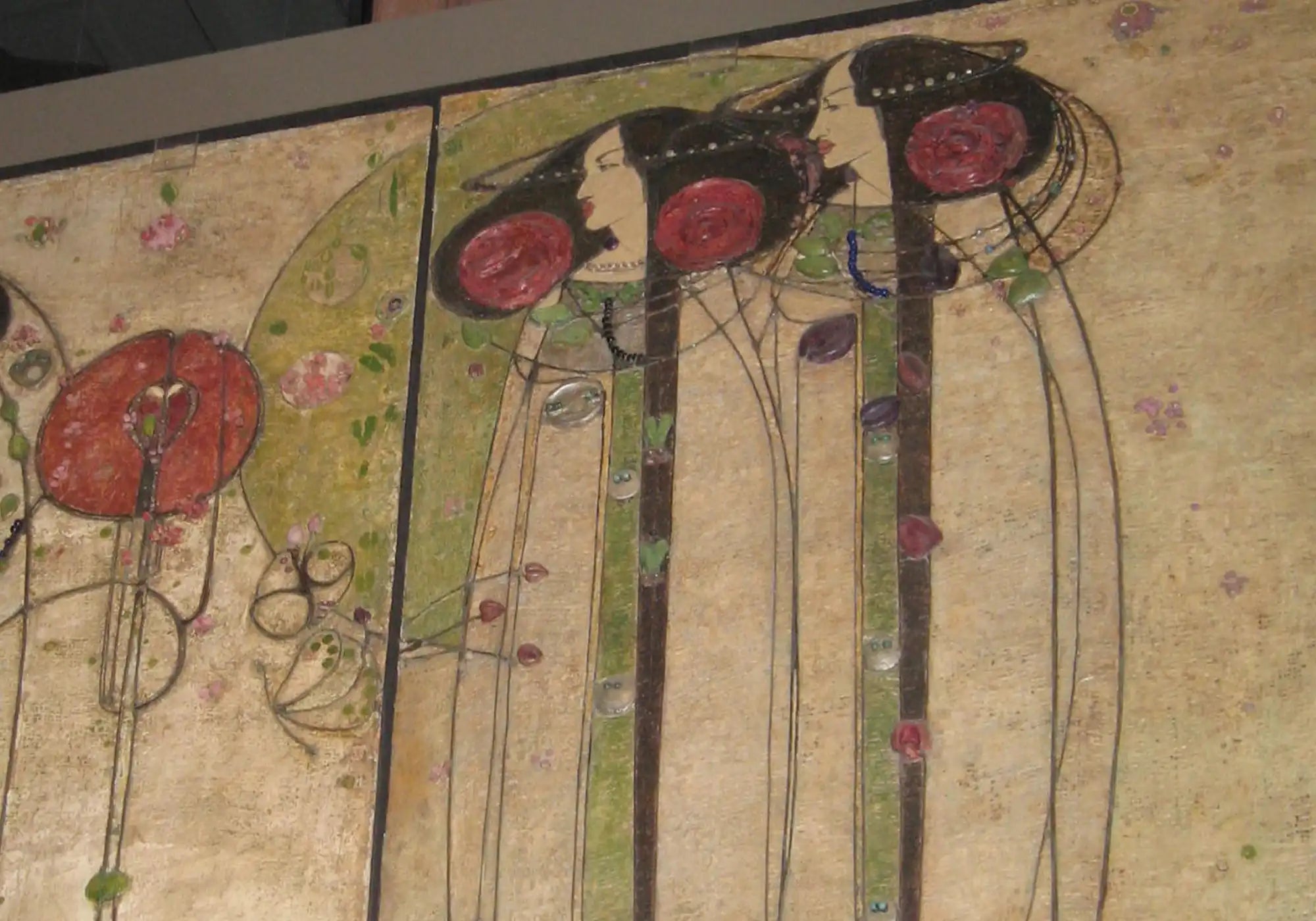
Organic Lines
Whiplash curves and flowing forms are key hallmarks of Art Nouveau style. These elegant, often asymmetrical lines mimic vines, waves, or flower stems, making each piece feel fluid and alive.
In jewellery, this motif comes to life through finely wrought silver and gold that twists and curls like ivy, enamel that sweeps in gentle arcs, and gemstones nestled like dew on a petal.
Far from rigid or ornamental, these organic lines embody the Art Nouveau spirit: romantic, untamed, and deeply connected to nature.
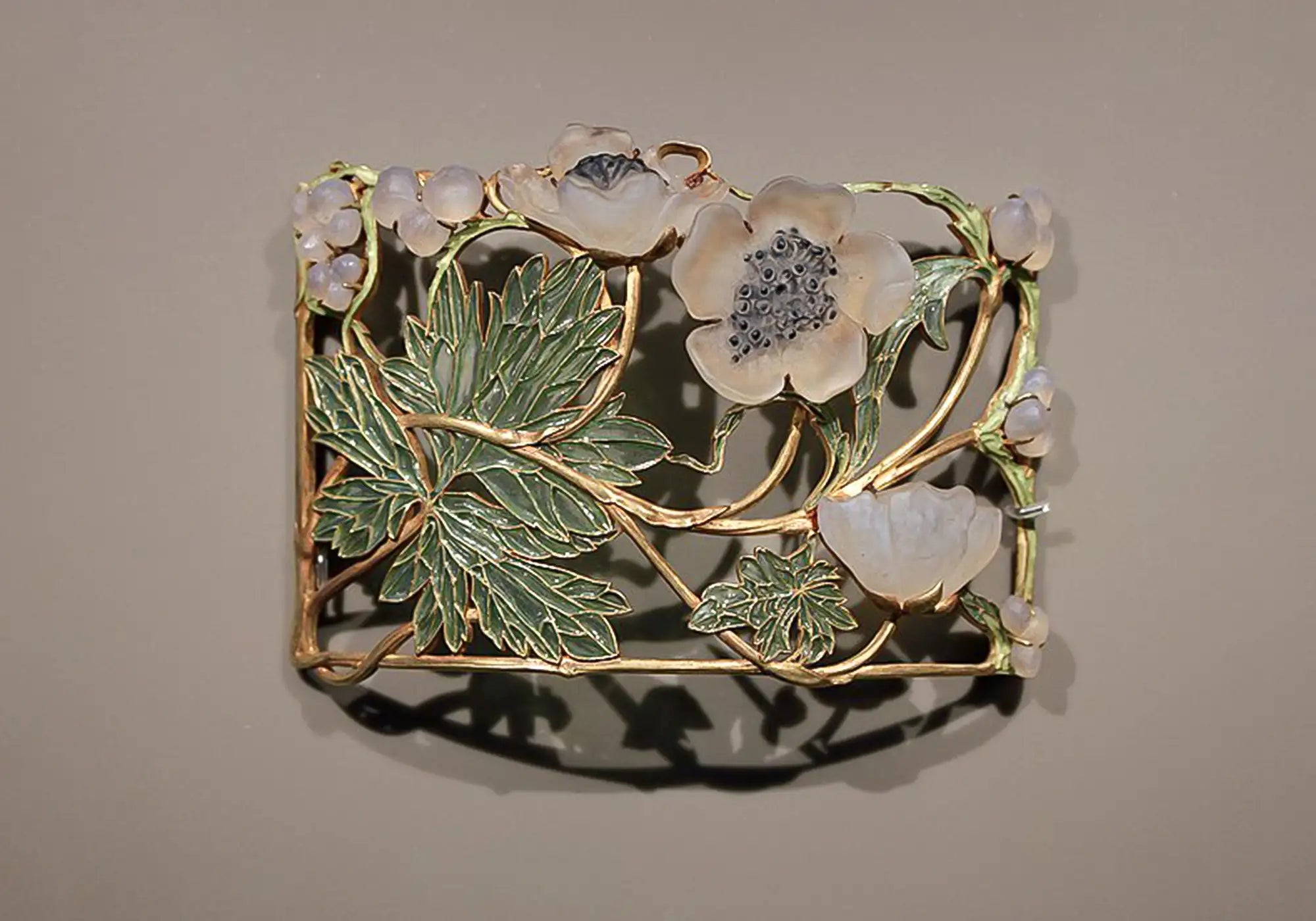
Nature-Inspired Motifs
Stylised floral motifs, curved lines, and jewel-like tones appeared across architecture, interiors, and decorative objects — often crafted with remarkable delicacy.
Art Nouveau jewellery was no different. Designs used motifs of insects, flowers, animals and female figures — each intricately detailed, celebrating life’s organic forms.
Art Nouveau brooches were arguably the most popular piece of jewellery. Brooches embodied the artistic spirit of the movement – offering a generous canvas for designers such as René Lalique, Henri Vever and Eugène Feuillâtre, to create miniature masterpieces with flowing lines, symbolic motifs and nature-inspired detail.
These jewellery designs often featured insects such as dragonflies, butterflies, moths, beetles and bees, along with swans, peacocks and flowers.
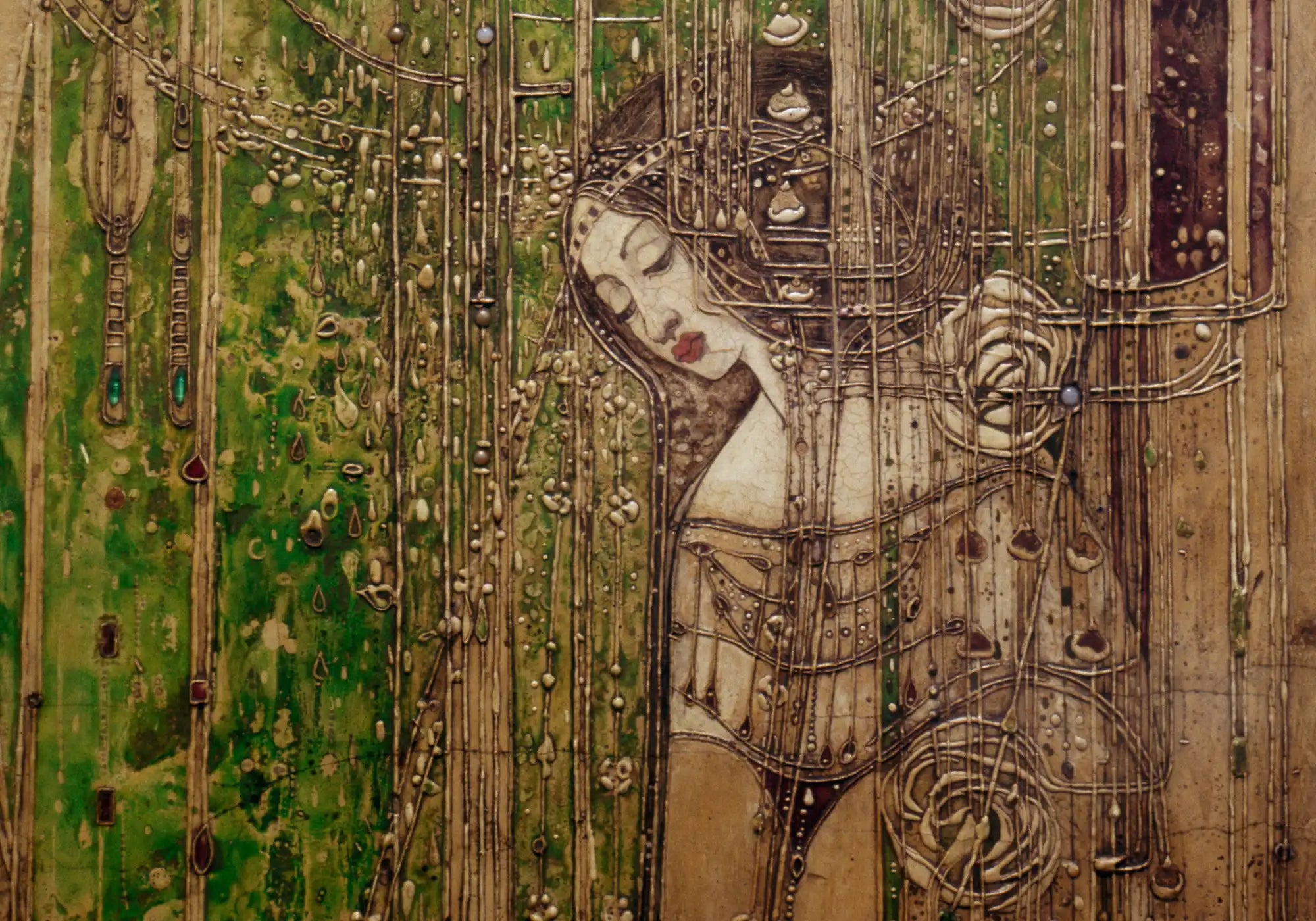
Feminine Iconography
The feminine form was a central theme in Art Nouveau. Ethereal women with cascading hair, dreamlike expressions, and goddess-like poses often appeared intertwined with natural elements — not just as subjects of beauty, but as extensions of nature itself, embodying its mystery, sensuality, and power.
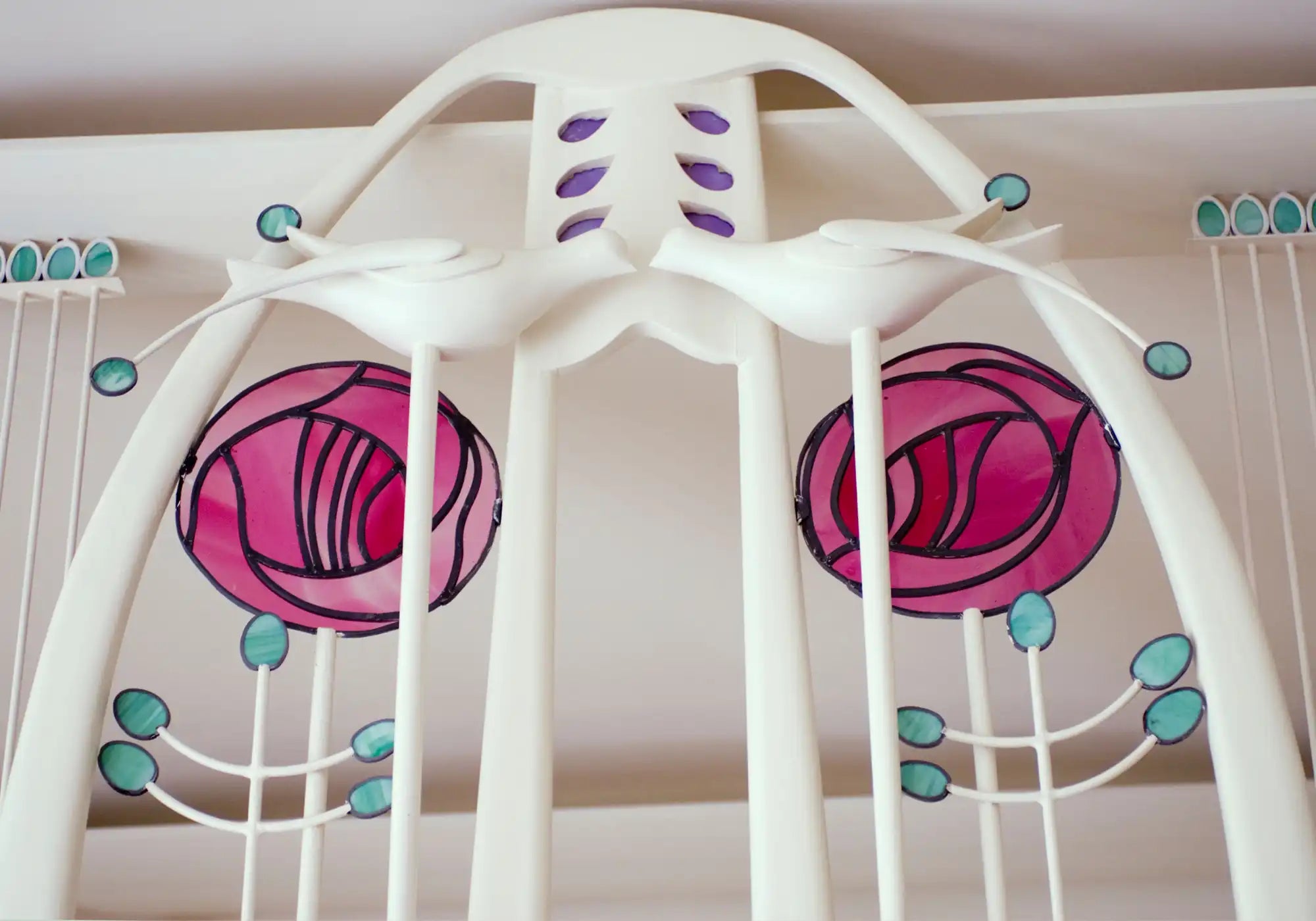
Innovative Materials
Art Nouveau designers sought out materials and methods that allowed them to create work that felt fluid, luminous, and full of life. In architecture, techniques like stained glass and enamel were used to introduce light and colour in ways that echoed the movement’s organic forms.
These innovations weren’t just for show; they reflected a deeper belief that beauty and utility could coexist. Through hand-moulded glass, intricate metalwork, and layered textures, Art Nouveau transformed everyday design into something expressive, immersive, and emotionally resonant.
Art Nouveau jewellery follows this approach, using gemstones such as opal and ruby to inject colour.
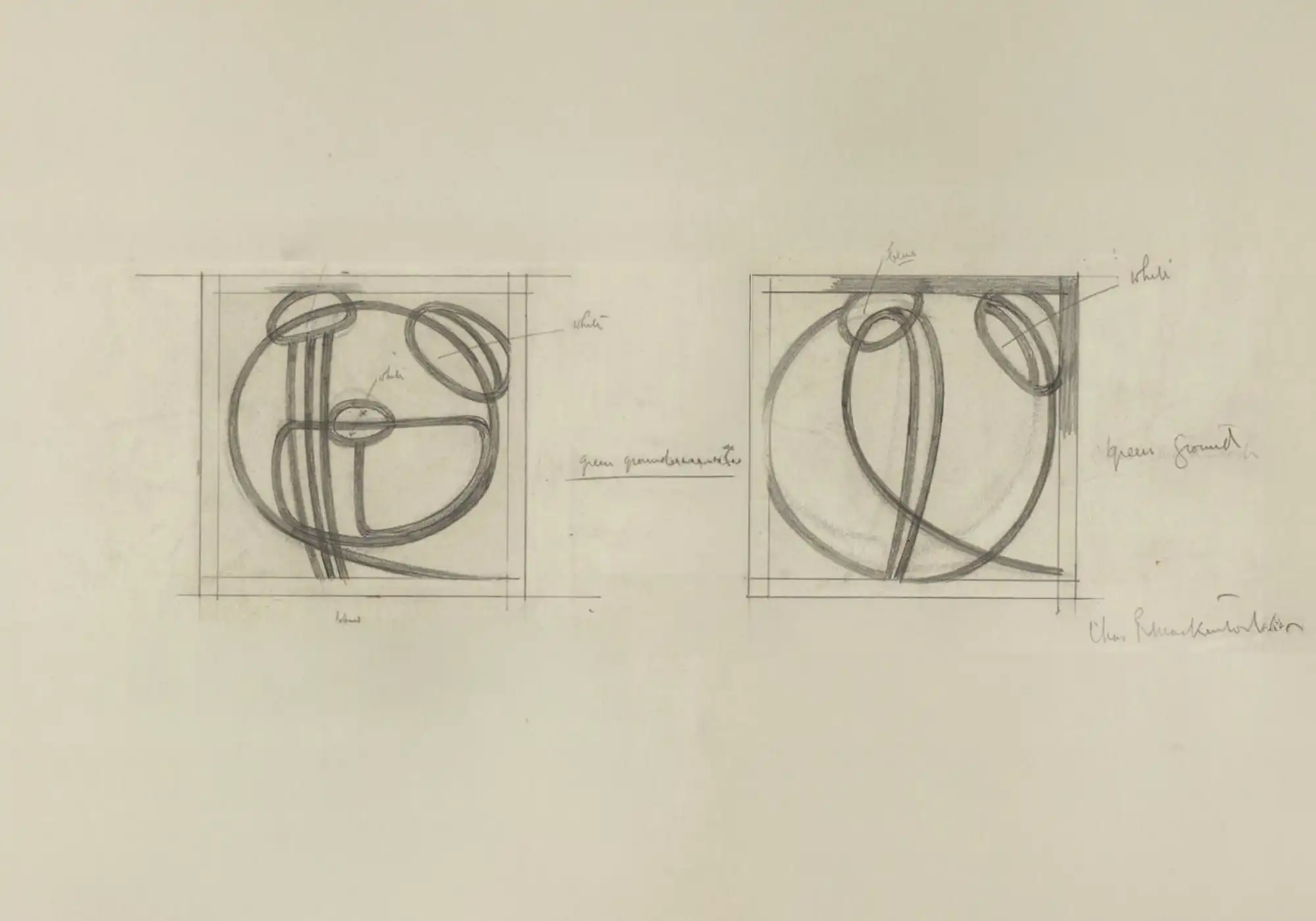
The Legacy Lives On
Although the Art Nouveau movement lasted just a few decades, its influence endures — especially in the world of design. At Paula Bolton Jewellery, this era continues to shape our creative approach. We draw on its flowing lines, symbolic richness, and deep-rooted connection to nature, reinterpreting these elements with care, purpose, and a timeless elegance.
In embracing this philosophy, we honour a time when jewellery was not just worn but felt — a personal expression of style, meaning, and connection. It’s a legacy we’re proud to continue: art, not just admired, but lived and treasured.
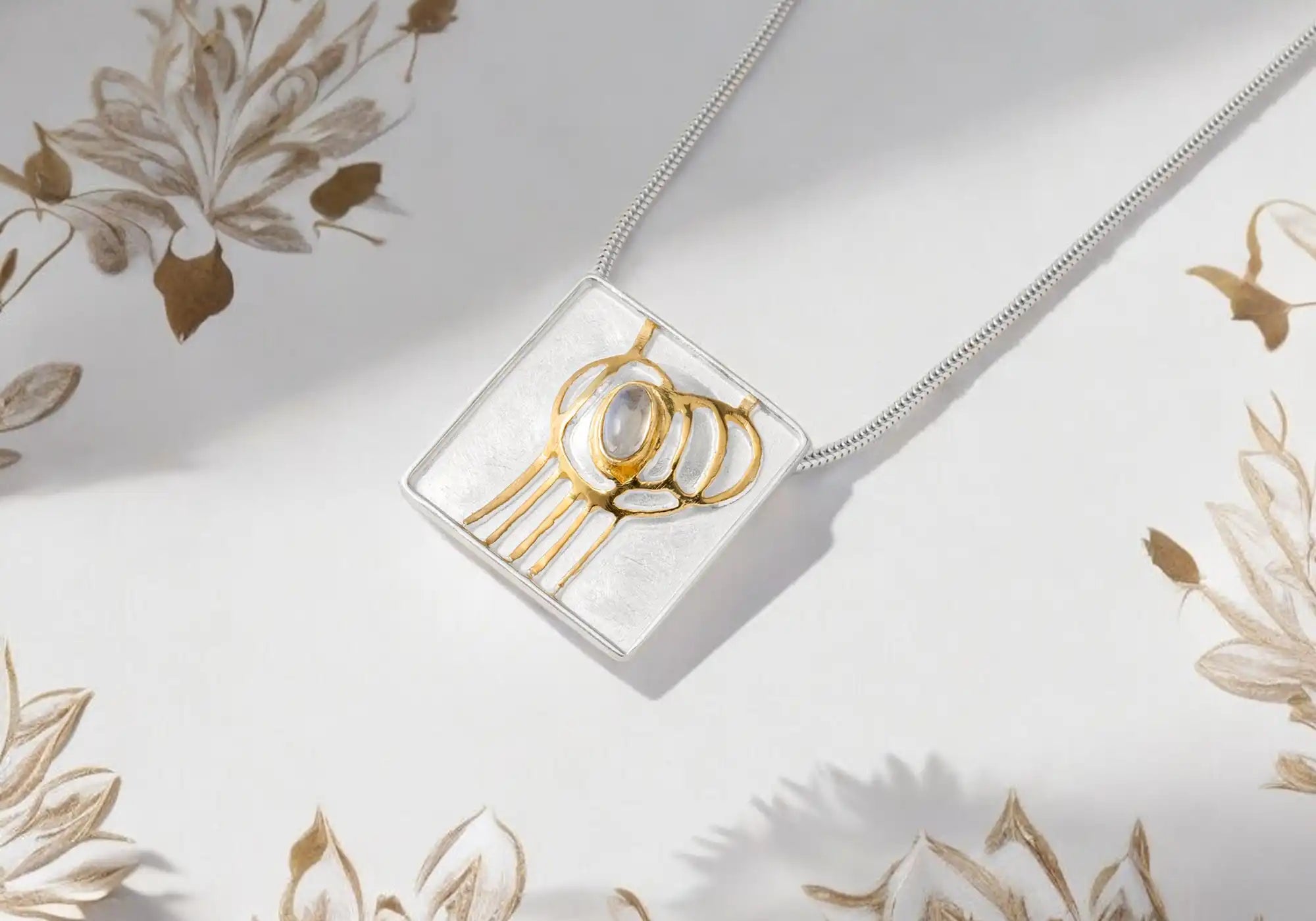
Why Art Nouveau Still Matters
In a world that moves fast, Art Nouveau invites us to slow down — to notice the details, to value craftsmanship, and to reconnect with the natural world. Its gentle curves, symbolic forms, and devotion to beauty remind us that design can be both meaningful and uplifting.
More than a style, it's a way of seeing — one that continues to inspire our work at Paula Bolton Jewellery. Through hand-finished art nouveau jewellery that echo its spirit, we celebrate a time when art and life were deeply intertwined, and beauty was found in the everyday.
Shop Modern Art Nouveau Jewellery
Paula Bolton Art Nouveau jewellery turns iconic Art Nouveau architecture and design motifs into wearable works of art.
We follow many of the principles of original Art Nouveau jewellery design, reimagined for the modern day.
Each piece is made by hand using traditional artisan techniques, featuring fluid, organic lines crafted from sterling silver, accented by natural gemstones and 18ct gold-plated organic motifs.
Browse our collection of Art Nouveau earrings, Art Nouveau necklaces, brooches and rings.
- Willowwood jewellery designed after Margaret Macdonald's Gesso Panels.
- School of Art jewellery inspired by Charles Rennie Mackintosh's design for the School of Art in Glasgow.
- Willow Tea Rooms jewellery influenced by the painted wood and glass designs of Miss Cranston's famed tea rooms by Charles Rennie Mackintosh.
- Garnet collection designed from a Mackintosh sketch discovered at the Hunterian Art Gallery in Glasgow.
- Moonstone collection drawn from a stained-glass window in one of Charles Rennie Mackintosh’s many commissions.
Related Collection


